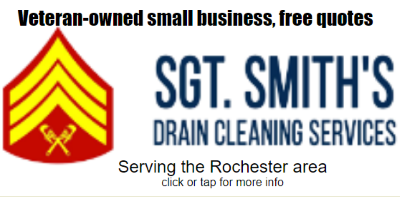It's pretty much universally agreed that puppies are adorable, but with that adorability comes a whole host of training needs. While it's expected you'll need to potty train your puppy, many people who aren't used to spending time with young dogs are surprised to learn how mouthy they are and are unsure of how to stop this unwanted behavior. It's easy to overlook a puppy's mouthy behavior when he is young, but the older your puppy gets, the less "cute" his behavior will be. In fact, many young dogs that arrive at the shelter are listed as requiring homes with older children specifically because they're too mouthy to be around younger kids. If not trained properly, it is these same dogs that will return to the shelter in the future for their mouthy behavior.
Mouthy behavior does not imply that your dog is aggressive, just untrained in what is an appropriate way to play. A puppy that has mouthy behavior will typically choose to chew on your arm instead of a toy, or may use his mouth when playing with you. Again, this is not out of aggression and, instead, is typically a way for them to get your attention. Dogs are social animals and, as they grow older, they learn from other dogs how much pressure with their mouths when playing is too much. This means that your puppy will be looking to you for guidance on what is and is not acceptable. If you do not provide your puppy with the appropriate response to his mouthy behavior in the beginning, his mouthy behavior will carry with him as an older dog when his biting is more problematic.
One of the easiest ways to help your mouthy puppy is to redirect his energy towards something he is able to chew on, such as a bone or toy. Chances are, your puppy will still want to chew on you, especially if it gets a reaction from you when he does. Remember that a reaction, even one that involves you pushing your dog away, is enough to encourage your dog to keep displaying the behavior that earned the reaction. A reaction equals attention and attention is the equivalent of a reward.
Instead of responding to your dog's mouthy behavior, withdraw all your attention. Don't push your dog away; simply turn your body away from him. Of course, you also want to reinforce good behavior in your puppy, so be sure to offer your dog plenty of praise and rewards when he stops trying to chew on you. This will teach him that the mouthy behavior gets no attention and the good behavior gets rewarded. The moment your dog stops chewing on you is also the best time to offer your pet an alternative chew toy. Always offer rewards after your pet displays the proper behavior to reinforce it, not as a way to encourage them to do the behavior in the first place.
It's crucial to train your puppy from day one that mouthy behavior is unacceptable. The older your puppy gets, the harder the habit will be to break and the rougher the biting will become. Remember that even the word "no" is considered by your dog to be a form of attention and will only encourage his bad behavior. With plenty of chew toys available and a consistent plan from everyone in the household to discourage the behavior, you can help your puppy grow into a happy, non-mouthy adult.
Alaina Goodnough is the Promotions Coordinator at Cocheco Valley Humane Society in Dover, NH. She lives in Sanford, ME with two parrots, a cockatoo, a cat, and two dachshunds. She can be reached at CVHS at devassist@cvhsonline.org. To learn more about Cocheco Valley Humane Society, go to www.cvhsonline.org or call 603-749-5322.














